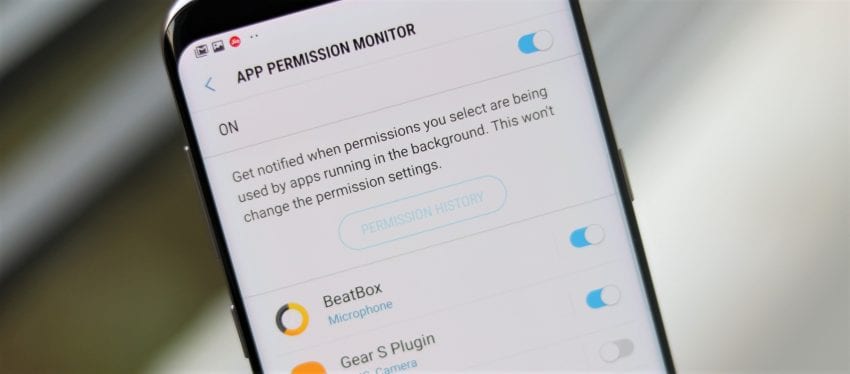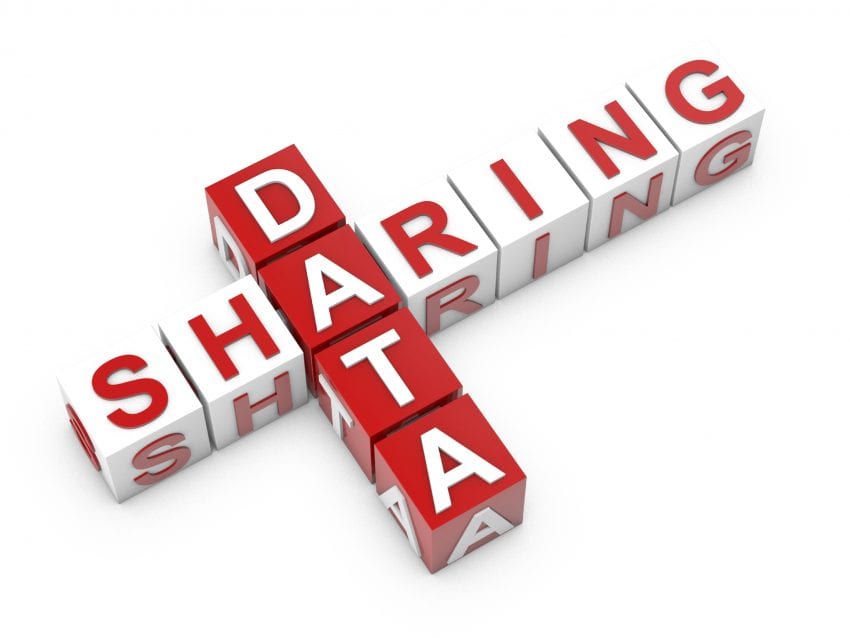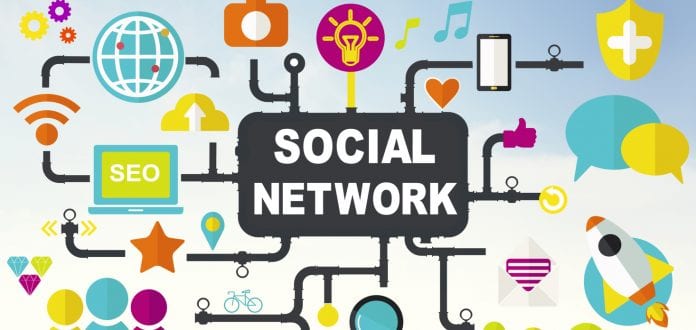We have shifted from socializing in person to socializing through media, using our PCs and mobile phones. Technology has certainly made socializing much easier, but it does come with its downsides. We hear about how someone’s personal details were stolen by a hacker or by some dubious companies. One fails to understand how it went ahead, but it only happened because of our carelessness. Scholars carry out studies and organize seminars on social networking threats. You find activists campaigning for our privacy and creating awareness about how to maintain it.
Here are few of the social networking threats that can be harmful to our privacy:

App permission
Whenever we download an app, we find that the app maker asks us for access permissions. Privacy campaigners raise this issue, and it is an important one, why do the app makers ask for details and access to so much of our data which won’t even be used for the proper functioning of the app? This is an important issue, and many apps, including social ones, ask us for unnecessary permissions. This is a violation of our privacy rights. There is an app maker called the Guardian project which propagates safe use of applications and has created social apps and web browsers which do not ask us for any details whatsoever. For example, ThanksForTheHelp created an app for students only asking for their name, because they knew how important it could be a student’s privacy when asking for help with their assignments.
Virus
I find browsing the internet on my laptop much easier than browsing it on my mobile phone. That is because of the many pop-up blockers and security software I have downloaded. It is much easier on mobile phones to click a link that sets up a virus on our device. Those are really harmful to the usage of our device and will steal private data on our mobile phones including our passwords and credentials. One needs to be careful in visiting untrusted websites and sources while browsing the internet in order to avoid this and keep your accounts safe.

Connecting with Unknown sources
There have been multiple cases on social media platforms like Facebook, where a fraudster creates a profile that is befitting an investor or an entrepreneur and connects with people. The fraudster tries to draw in people to his/her dubious investment and succeeds to fool a person into transferring him/her an amount of money. These kinds of people are present on all social media platforms, and people need to be careful of these.
Sharing access with different people
It might be that you have a social media account of your company; the chances are that a few select people have the password of it. There might be a chance that one of those goes ahead and clicks on a link which phishes out the password and login credentials of your account. This can be really harmful to the company’s image as whoever has got access to the account will send out unwarranted requests to the customer base and will make the customer suspicious of the company’s intentions. There is a greater need to educate the employees in respect of maintaining the security of social media accounts. CDR-Report found customers complaining against the company sending requests for account details of the customers; they found that somebody had hacked the account for they had shared it with too big a team. It was resolved later, and the access restricted only to a few.

Sharing too much data
We are irresponsible when it comes to securing our private details. This has been identified in multiple surveys that we are careless when it comes to proofing our private details against attacks. We give out data regularly to different applications and websites. There are multiple websites which allow us to login using our Google or social media accounts, we tend to be reckless and proceed; not knowing how harmful it can be for our privacy.









